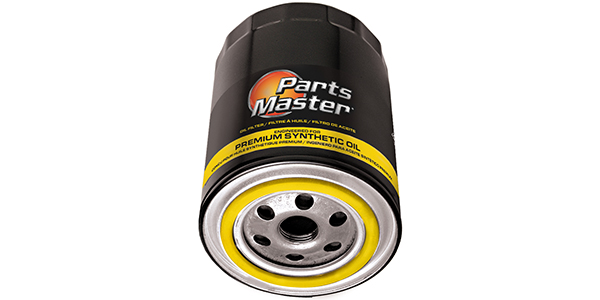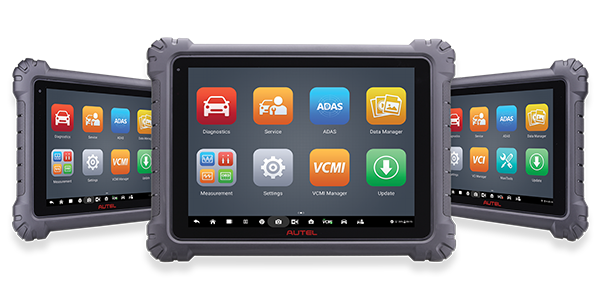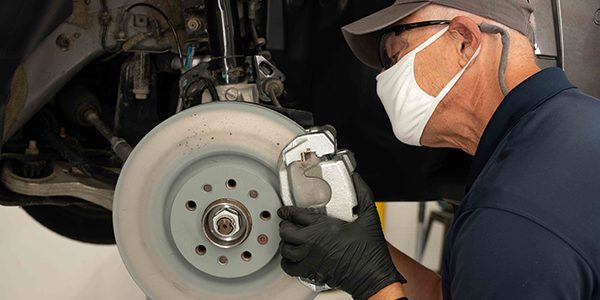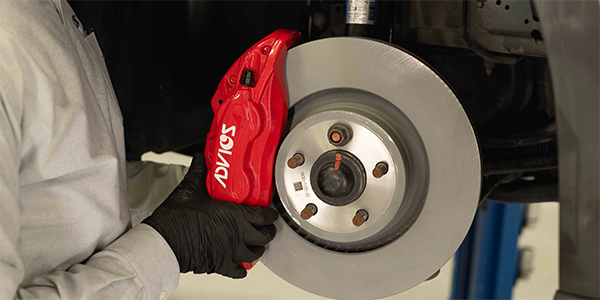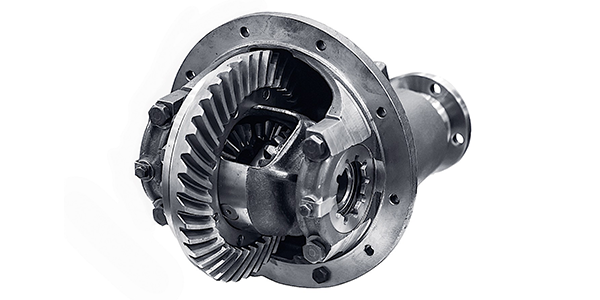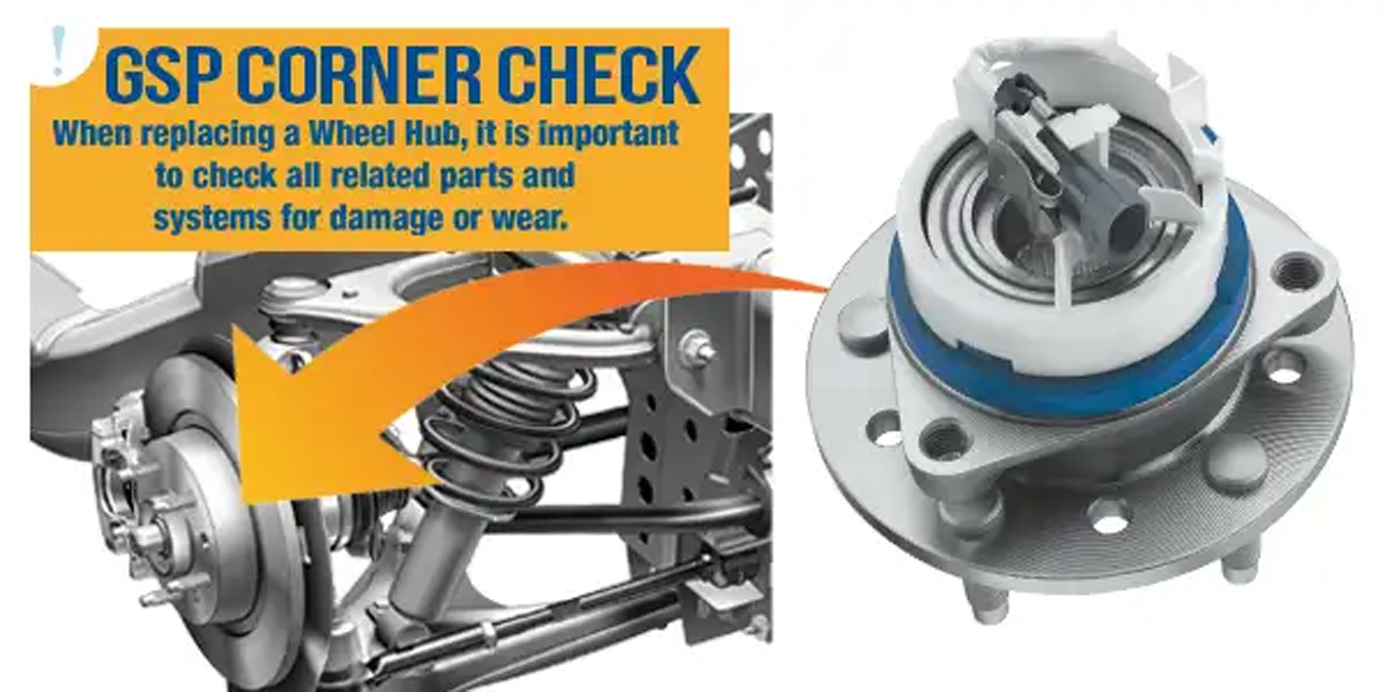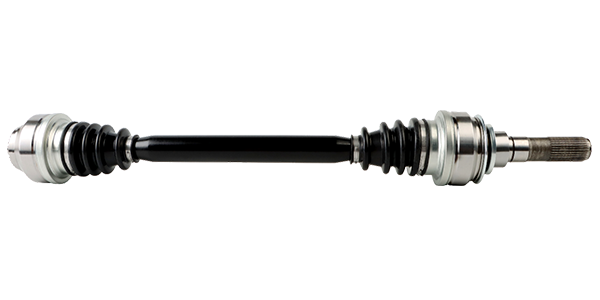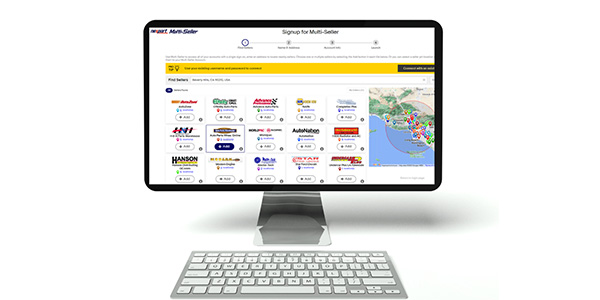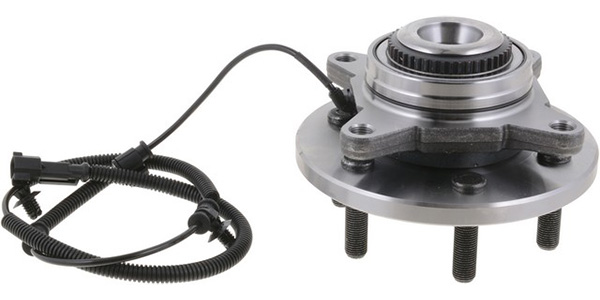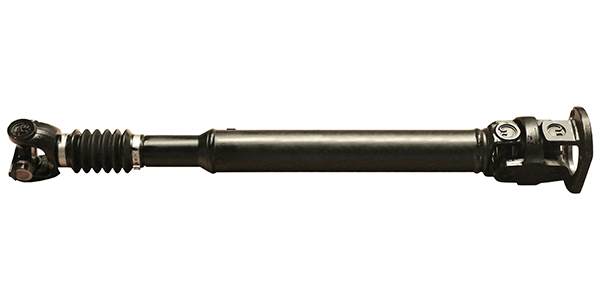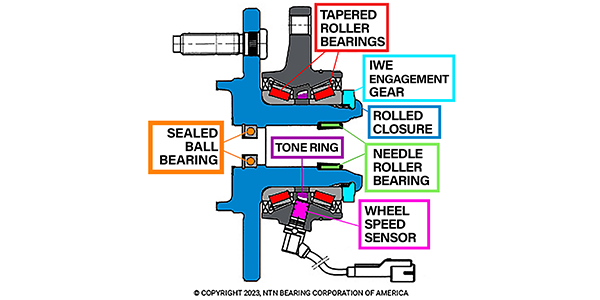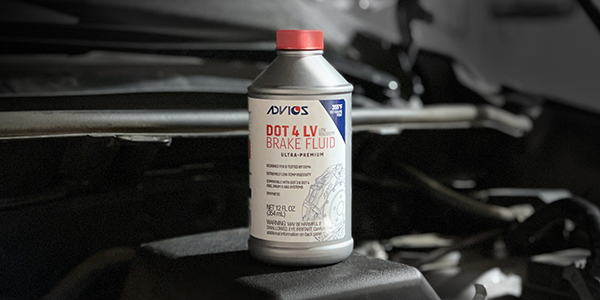One of the greatest service myths is that synthetic motor oil can cause an older or high-mileage engine to leak.
There are actually several benefits of using a synthetic oil in an engine that debunk this myth. Those include a quicker engine start time, increased engine protection, longer intervals between oil changes, reduced engine drag from resistant to oil oxidation and sludge, and more.
The base stock for both synthetic and conventional oil begins as crude oil, or the petroleum product, with the synthetic base stock being more refined. The carbon chains and molecules in a synthetic base stock are longer and more consistent than what you’d find in a conventional base stock.
In other words, synthetic oil has the same properties but performs much better than the conventional oil. Many of today’s modern vehicles require a synthetic oil due to its performance benefits, so keep that in mind the next time you or your technicians do an oil change.
The source of this myth stems from the early days of synthetic oil. A lot of racers used synthetic oil to help meet the performance requirements of their racing series. These oils did not have the additive packages that street oils had, but sometimes consumers who would follow the racers’ lead and use synthetic oils for their street vehicles. However, these oils did not have any seal conditioners and would cause the engine gaskets to leak.
Today’s street oils, like a GF-5 or a GF-6 approved oil, do contain the seal conditioners and additives required by the OEMs. Keep this in mind and use them with confidence, knowing they won’t cause your customers’ engines to leak; it’s just a myth — debunked.
This article is sponsored by Aftermarket Auto Parts Alliance.




